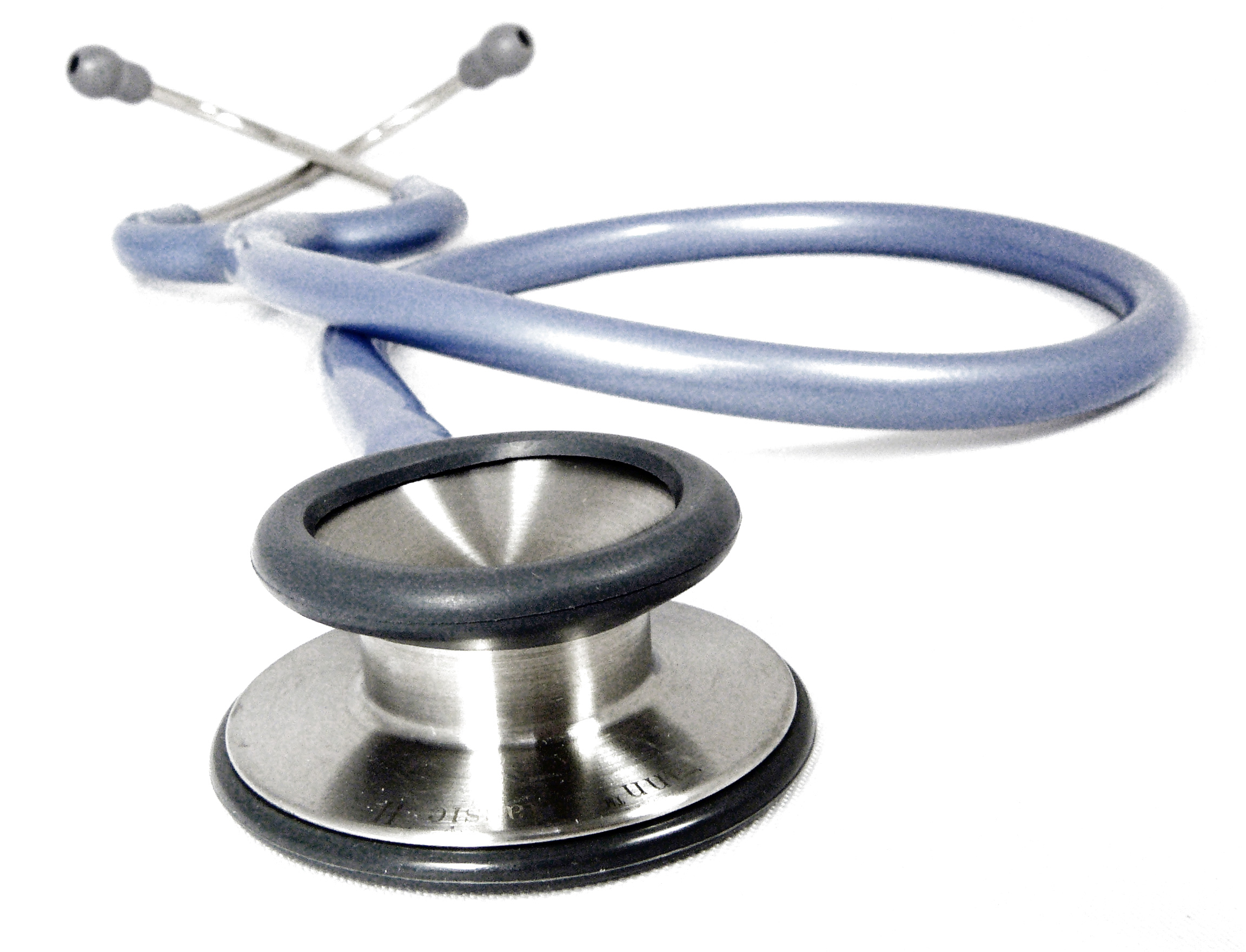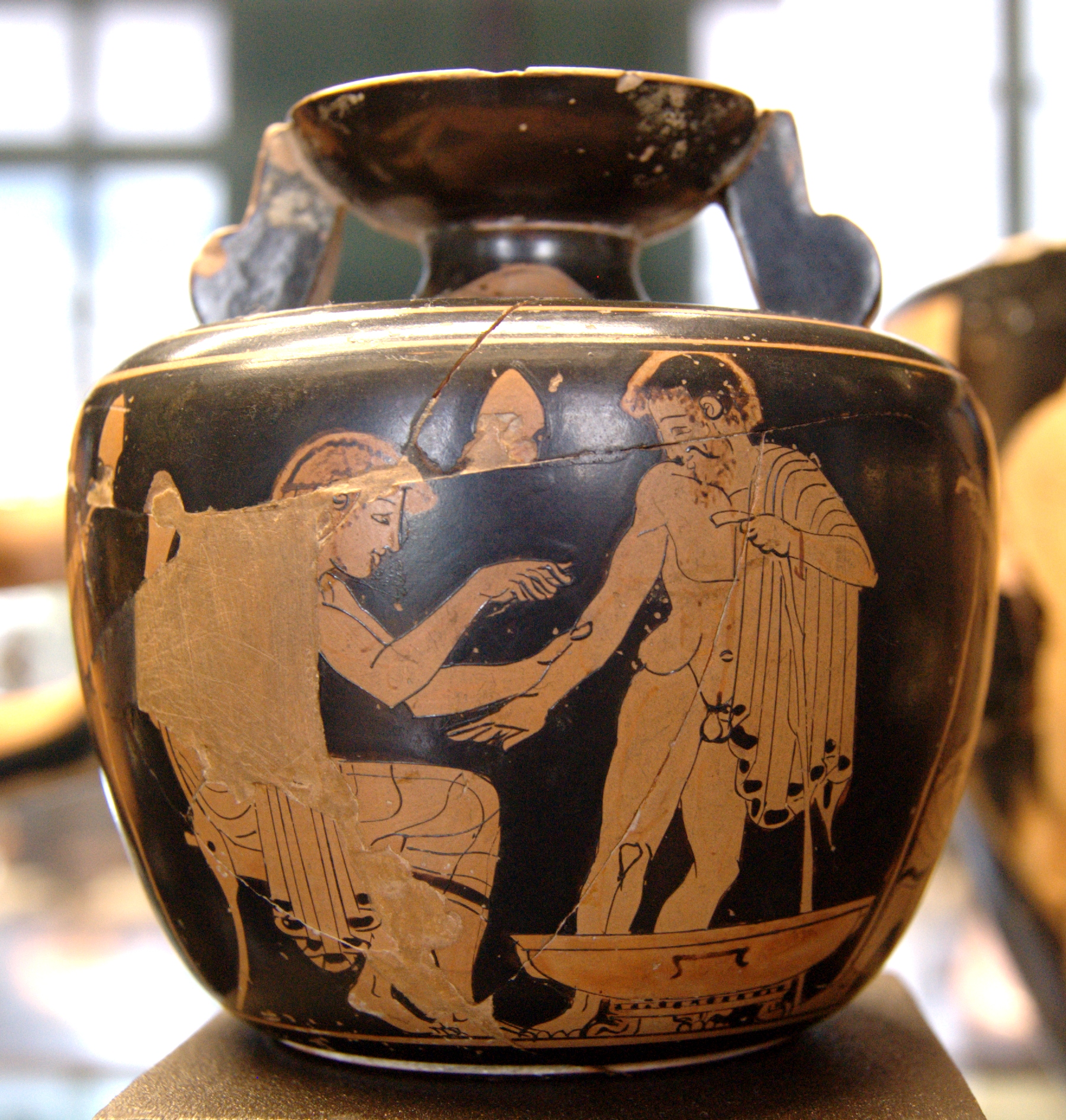|
Quaternary Prevention
The quaternary prevention, concept coined by the Belgian general practitioner Marc Jamoulle, are the actions taken to identify a patient at risk of medicalisation, overmedicalisation, to protect them from new medical invasion, and to suggest interventions which are ethically acceptable. Quaternary prevention is the set of health activities to mitigate or avoid the consequences of unnecessary or excessive intervention of the health system. Explanation of term Marc Jamoulle divided medical situations into four quadrants based on if the patient was experiencing illness (i.e. if the patient experienced subjective poor health) and if the doctor had identified disease (constructed based on ...[...More Info...] [...Related Items...] OR: [Wikipedia] [Google] [Baidu] |
General Practitioner
A general practitioner (GP) is a doctor who is a Consultant (medicine), consultant in general practice. GPs have distinct expertise and experience in providing whole person medical care, whilst managing the complexity, uncertainty and risk associated with the continuous care they provide. GPs work at the heart of their communities, striving to provide comprehensive and equitable care for everyone, taking into account their health care needs, stage of life and background. GPs work in, connect with and lead multidisciplinary teams that care for people and their families, respecting the context in which they live, aiming to ensure all of their physical health and mental health needs are met. They are trained to treat patients to levels of complexity that vary between countries. The term "primary care physician" is used in the United States. A core element in general practice is continuity of care, that bridges episodes of various illnesses over time. Greater continuity with a gen ... [...More Info...] [...Related Items...] OR: [Wikipedia] [Google] [Baidu] |
Medicalization
Medicalization is the process by which human conditions and problems come to be defined and treated as medical conditions, and thus become the subject of medical study, diagnosis, prevention, or treatment. Medicalization can be driven by new evidence or hypotheses about conditions; by changing social attitudes or economic considerations; or by the development of new medications or treatments. Medicalization is studied from a sociologic perspective in terms of the role and power of professionals, patients, and corporations, and also for its implications for ordinary people whose self-identity and life decisions may depend on the prevailing concepts of health and illness. Once a condition is classified as medical, a medical model of disability tends to be used in place of a social model. Medicalization may also be termed ''pathologization'' or (pejoratively) "disease mongering". Since medicalization is the social process through which a condition becomes seen as a medical disease ... [...More Info...] [...Related Items...] OR: [Wikipedia] [Google] [Baidu] |
Medical Terminology
Medical terminology is a language used to precisely describe the human body including all its components, processes, conditions affecting it, and procedures performed upon it. Medical terminology is used in the field of medicine. Medical terminology has quite regular morphology, the same prefixes and suffixes are used to add meanings to different roots. The root of a term often refers to an organ, tissue, or condition. For example, in the disorder known as hypertension, the prefix "hyper-" means "high" or "over", and the root word "tension" refers to pressure, so the word "hypertension" refers to abnormally high blood pressure. The roots, prefixes and suffixes are often derived from Greek or Latin, and often quite dissimilar from their English-language variants. This regular morphology means that once a reasonable number of morphemes are learnt it becomes easy to understand very precise terms assembled from these morphemes. Much medical language is anatomical terminology, conc ... [...More Info...] [...Related Items...] OR: [Wikipedia] [Google] [Baidu] |
Health Care Quality
Health care quality is a level of value provided by any health care resource, as determined by some measurement. As with quality in other fields, it is an assessment of whether something is good enough and whether it is suitable for its purpose. The goal of health care is to provide medical resources of high quality to all who need them; that is, to ensure good quality of life, cure illnesses when possible, to extend life expectancy, and so on. Researchers use a variety of quality measures to attempt to determine health care quality, including counts of a therapy's reduction or lessening of diseases identified by medical diagnosis, a decrease in the number of risk factors which people have following preventive care, or a survey of health indicators in a population who are accessing certain kinds of care. Definition Health care quality is the degree to which health care services for individuals and populations increase the likelihood of desired health outcomes. Quality of care ... [...More Info...] [...Related Items...] OR: [Wikipedia] [Google] [Baidu] |
Evidence-based Medicine
Evidence-based medicine (EBM) is "the conscientious, explicit and judicious use of current best evidence in making decisions about the care of individual patients. It means integrating individual clinical expertise with the best available external clinical evidence from systematic research." The aim of EBM is to integrate the experience of the clinician, the values of the patient, and the best available scientific information to guide decision-making about clinical management. The term was originally used to describe an approach to teaching the practice of medicine and improving decisions by individual physicians about individual patients. The EBM Pyramid is a tool that helps in visualizing the hierarchy of evidence in medicine, from least authoritative, like expert opinions, to most authoritative, like systematic reviews. Adoption of evidence-based medicine is necessary in a human Rights-based approach to development, rights-based approach to public health and a precondition ... [...More Info...] [...Related Items...] OR: [Wikipedia] [Google] [Baidu] |
Preventive Medicine
Preventive healthcare, or prophylaxis, is the application of healthcare measures to prevent diseases.Hugh R. Leavell and E. Gurney Clark as "the science and art of preventing disease, prolonging life, and promoting physical and mental health and efficiency. Leavell, H. R., & Clark, E. G. (1979). Preventive Medicine for the Doctor in his Community (3rd ed.). Huntington, NY: Robert E. Krieger Publishing Company. Disease and disability are affected by environmental factors, genetic predisposition, disease agents, and lifestyle choices, and are dynamic processes that begin before individuals realize they are affected. Disease prevention relies on anticipatory actions that can be categorized as primal, primary, secondary, and tertiary prevention. Each year, millions of people die of preventable causes. A 2004 study showed that about half of all deaths in the United States in 2000 were due to preventable behaviors and exposures. Leading causes included cardiovascular disease, chron ... [...More Info...] [...Related Items...] OR: [Wikipedia] [Google] [Baidu] |
Patient Safety
Patient safety is a specialized field about enhancing healthcare quality through the systematic prevention, reduction, reporting, and analysis of medical errors and preventable harm that contribute to severe outcomes for the patient. While healthcare risks have always existed, patient safety only gained formal recognition in the 1990s after multiple nations reported alarming rates of medical error-related injuries. The urgency of the issue was underscored when the World Health Organization (WHO) identified that 1 in 10 patients globally experience harm due to healthcare errors, declaring patient safety an "Endemic (epidemiology), endemic concern" in modern medicine. Today, patient safety stands as a distinct Health care, healthcare discipline, supported by a growing—though still evolving—scientific framework. A robust Transdisciplinarity, transdisciplinary body of theoretical and empirical research underpins this field, with emerging technologies like MHealth, mobile health ap ... [...More Info...] [...Related Items...] OR: [Wikipedia] [Google] [Baidu] |
Medicine
Medicine is the science and Praxis (process), practice of caring for patients, managing the Medical diagnosis, diagnosis, prognosis, Preventive medicine, prevention, therapy, treatment, Palliative care, palliation of their injury or disease, and Health promotion, promoting their health. Medicine encompasses a variety of health care practices evolved to maintain and restore health by the prevention (medical), prevention and treatment of illness. Contemporary medicine applies biomedical sciences, biomedical research, medical genetics, genetics, and medical technology to diagnosis (medical), diagnose, treat, and prevent injury and disease, typically through pharmaceuticals or surgery, but also through therapies as diverse as psychotherapy, splint (medicine), external splints and traction, medical devices, biologic medical product, biologics, and Radiation (medicine), ionizing radiation, amongst others. Medicine has been practiced since Prehistoric medicine, prehistoric times, and ... [...More Info...] [...Related Items...] OR: [Wikipedia] [Google] [Baidu] |
Medical Ethics
Medical ethics is an applied branch of ethics which analyzes the practice of clinical medicine and related scientific research. Medical ethics is based on a set of values that professionals can refer to in the case of any confusion or conflict. These values include the respect for autonomy, non-maleficence, beneficence, and justice. Such tenets may allow doctors, care providers, and families to create a treatment plan and work towards the same common goal. These four values are not ranked in order of importance or relevance and they all encompass values pertaining to medical ethics. However, a conflict may arise leading to the need for hierarchy in an ethical system, such that some moral elements overrule others with the purpose of applying the best moral judgement to a difficult medical situation. Medical ethics is particularly relevant in decisions regarding involuntary treatment and involuntary commitment. There are several codes of conduct. The Hippocratic Oath discusses ... [...More Info...] [...Related Items...] OR: [Wikipedia] [Google] [Baidu] |
Patient
A patient is any recipient of health care services that are performed by Health professional, healthcare professionals. The patient is most often Disease, ill or Major trauma, injured and in need of therapy, treatment by a physician, nurse, optometrist, dentist, veterinarian, or other health care provider. Etymology The word wikt:patient, patient originally meant 'one who suffers'. This English noun comes from the Latin word , the present participle of the deponent verb, , meaning , and akin to the Ancient Greek, Greek verb ( ) and its cognate noun (). This language has been construed as meaning that the role of patients is to passively accept and tolerate the suffering and treatments prescribed by the healthcare providers, without engaging in Shared decision-making in medicine, shared decision-making about their care. Outpatients and inpatients An outpatient (or out-patient) is a patient who attends an Outpatient clinic (hospital department), outpatient clinic with no ... [...More Info...] [...Related Items...] OR: [Wikipedia] [Google] [Baidu] |
Iatrogenesis
Iatrogenesis is the causation of a disease, a harmful complication, or other ill effect by any medical activity, including diagnosis, intervention, error, or negligence."Iatrogenic", ''Merriam-Webster.com'', Merriam-Webster, Inc., accessed 27 Jun 2020. First used in this sense in 1924, the term was introduced to sociology in 1976 by Ivan Illich, alleging that industrialized societies impair quality of life by overmedicalizing life."iatrogenesis" ''A Dictionary of Sociology'', . updated 31 May 2020. Iatrogenesis may thus include mental suffering via medical beliefs or a practitioner's statements. Some iatrogeni ... [...More Info...] [...Related Items...] OR: [Wikipedia] [Google] [Baidu] |
Defensive Medicine
Defensive medicine, also called defensive medical decision making, refers to the practice of recommending a diagnostic test or medical treatment that is not necessarily the best option for the patient, but mainly serves to protect the physician against the patient as potential plaintiff. Defensive medicine is a reaction to the rising costs of malpractice insurance premiums and patients’ biases on suing for missed or delayed diagnosis or treatment but not for being overdiagnosed. Physicians in the United States are at highest risk of being sued, and overtreatment is common. The number of lawsuits against physicians in the USA has had a substantial impact on the behavior of physicians and medical practice. Physicians order tests and avoid treating high-risk patients (when they have a choice) to reduce their exposure to lawsuits, or are forced to discontinue practicing because of overly high insurance premiums. This behavior has become known as defensive medicine, "a deviation from ... [...More Info...] [...Related Items...] OR: [Wikipedia] [Google] [Baidu] |





